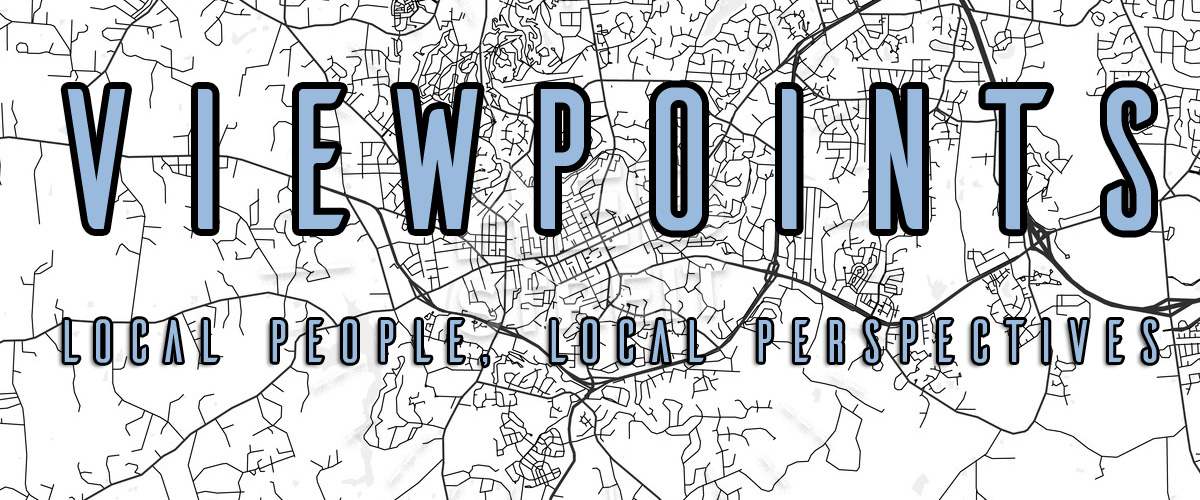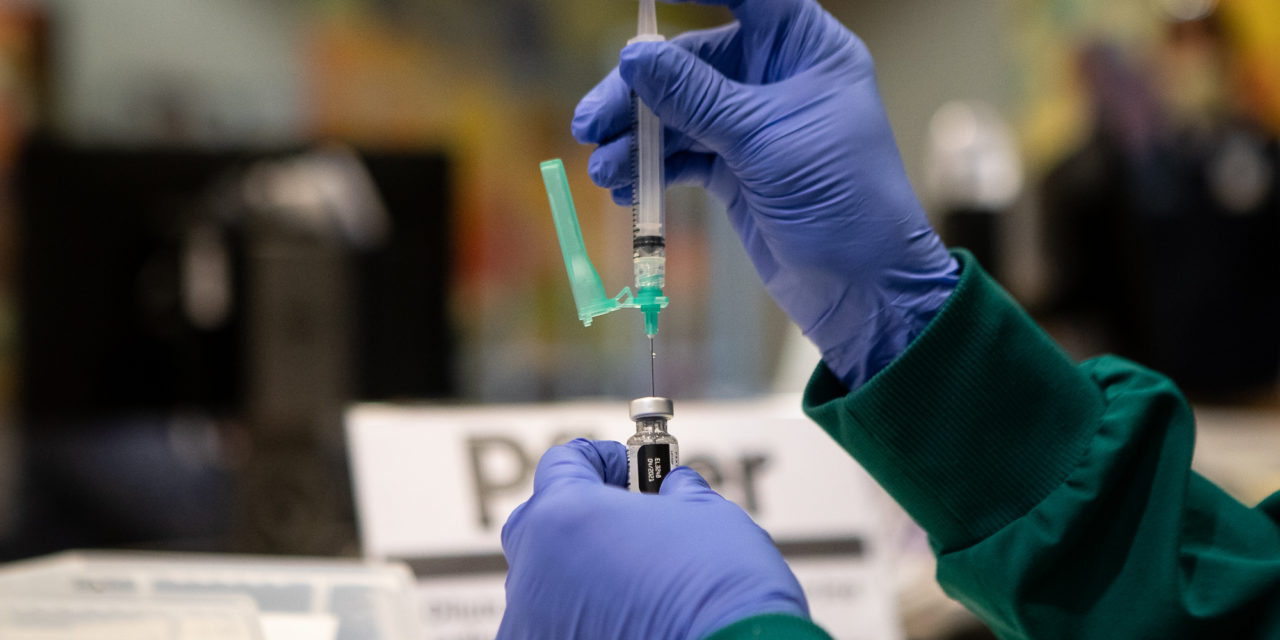
Our Selfishness Can Push Us Toward Herd Immunity
A perspective from Julia Soplop
Trying to convince people to behave a certain way simply for the greater good often fails. Fortunately, convincing them to behave a certain way because they will personally benefit can be much easier. These are some of the biggest lessons we’ve learned by witnessing the evolving public response to climate change. But the idea of recognizing our own selfishness and using it to drive behavior that benefits society is not only applicable to lowering carbon emissions; it could also help us move toward COVID-19 herd immunity, if employers assist in creating motivation.
In their landmark 2005 essay, “The Death of Environmentalism,” Michael Shellenberger and Ted Nordhaus critiqued the environmental movement for its lack of progress against climate change, citing its narrow messaging focused on environmental effects—starving polar bears and the like—rather than on how those effects could negatively impact our own health, homes, and livelihoods.
In the 16 years since Shellenberger and Nordhaus published their essay, however, things have gotten personal. Now we’re quite literally feeling the heat. Research has shown that after personally experiencing an extreme weather event, people are more likely to embrace environmentalism and support politicians who are climate change activists. Most Americans now recognize that climate change is affecting their own communities in some way and say they have changed at least some of their behaviors to protect the environment.
Benefits much smaller than reducing extreme weather events can drive us to change our behavior too. By transforming the electric car into a sexy luxury vehicle, Tesla demonstrated that people are willing to shell out large amounts of money to reduce their emissions…if they receive something personally beneficial in exchange: status.
And you know those energy reports you receive that compare your energy usage to your neighbors’? They convince people to reduce energy consumption, because people feel they’re winning a competition against their neighbors.
It’s ideal, and probably best in the long run, if people are passionate about reducing emissions to fight climate change. What matters most are the results though.
The same may be true when we talk about herd immunity. It would be ideal if every person on the planet understood the personal and global health advantages of receiving a vaccine and lined up immediately to get one. That’s not the case, but it doesn’t have to be to get results.
In the U.S., we’re seeing vaccine hesitancy decrease, and the majority of American adults have been vaccinated or plan to be. However about 15 percent still say they probably won’t get vaccinated and another 15 percent say they definitely won’t, which could hamper our efforts to reach herd immunity.
Some of these naysayers are just nervous and may come around after being counseled about vaccine safety and efficacy by trusted health care providers or family members. Others simply need assistance in finding appointments. But there will be a subset of people who continue to refuse vaccination for a variety of reasons. In the end, though, it doesn’t matter what motivates these people to get vaccinated; it just matters that they do.
Employers are situated to take a leadership role in the final push toward herd immunity by providing motivation and vaccine access for this group of people. By requiring vaccination for employees, students, and in-person clients (such as attendees of event venues)—with accommodations for medical exemptions—they not only offer safer environments for their communities but also provide incentives for people to get vaccinated who aren’t interested in doing so for their own health.
Want to start a job here? You have to get vaccinated. Want to come back to work in the office? You have to get vaccinated. Want to go to school? Attend a football game? Take a flight? You have to get vaccinated. You don’t have to understand that vaccines don’t transmit radio waves that change non-vaccinated people’s periods. You just have to get vaccinated so you can do the things that matter to you.
Many employers, including more than 100 college and universities, have already done the math and drawn up COVID-19 vaccination requirements for their communities; it makes good business sense to protect your people. (Most schools already have numerous vaccine requirements.) One poll showed that more than 60 percent of people wanted their employer to require employees to receive the vaccine before returning to work. In the technology and business sector, that number jumped to more than three-quarters of office workers. The majority of Americans in a separate survey think a requirement to carry vaccination cards would be helpful in returning to pre-pandemic life. Another poll showed that 76 percent of respondents expect vaccinations to help the U.S. economy.
We are selfish creatures with a long track record of needing personal motivation to change our behavior for the common good. Most of us—but not enough—are willing to roll up our sleeves for the individual and community benefits of vaccination. Employers are in a unique position to manufacture motivation for the rest.
Julia Soplop is a Pittsboro-based writer with a master’s in medical journalism from UNC-Chapel Hill. She is the author of Equus Rising.

“Viewpoints” is a place on Chapelboro where local people are encouraged to share their unique perspectives on issues affecting our community. If you’d like to contribute a column on an issue you’re concerned about, interesting happenings around town, reflections on local life — or anything else — send a submission to viewpoints@wchl.com
Chapelboro.com does not charge subscription fees. You can support local journalism and our mission to serve the community. Contribute today – every single dollar matters.


